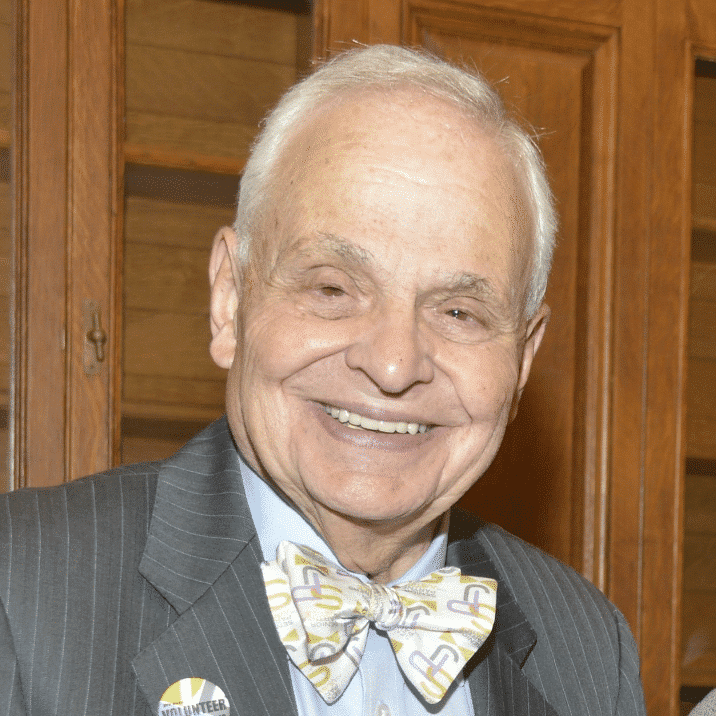Senior Partners for Justice at the Volunteer Lawyers Project
Purpose Prize Fellow 2015
A retired judge creates a network of volunteer attorneys to represent hundreds of Family Court clients.
I served as a judge for 25 years, after two decades as a trial lawyer. Over my 25 years on the bench, I witnessed a disturbing transformation: More people who came before me were struggling, financially and economically; more were single parents; more and more appeared without lawyers. Day in and day out, I saw people struggling to present the information I needed to make vital decisions – support, visitation, custody. I did what I could within the constraints of my role, but what most people needed was a lawyer. I promised myself that when I reached the mandatory retirement age of 70 for Massachusetts judges, I would do something to help.
So in 2002, I turned 70, and started Senior Partners for Justice (SPJ) to provide free legal assistance to low-income people, primarily in family law cases, where the need is overwhelming, For people untrained in the ways of the court – that is, most people – going it alone can have dire consequences, including homelessness or the loss of custody of a child. In 2014, in 90 percent of Boston probate and family court cases, one or both parties did not have a lawyer. For people without access to legal assistance, the promise of justice rings hollow.
My approach to this problem is to engage as many private lawyers as possible, to provide high-quality pro bono legal services to as many low-income people as possible. One of our first efforts, limited assistance representation, provided free legal representation at critical junctures in family-law cases, and led to a new state law.
- Since 2002, nearly 1,000 attorneys have provided over 42,000 hours of pro bono service donating $8.2 million in billable services to 3,500 low-income clients.
- Instrumental in influencing the adoption of Limited Assistance Representation by state law and the Massachusetts bar.
- SPJ legal “incubators,” which support early-career attorneys, use mentorships to harness the expertise of mid- and late-career lawyers and develop young attorneys.
Another early project challenged inappropriate impositions of guardianship on senior citizens, resolving more than 100 cases. That gave rise to new projects, including a guardianship-oversight review and new models of intergenerational mentoring. Our family court conciliation project has helped to resolve hundreds of low-conflict family matters, usually on the first court date, saving lawyer’s fees, lost time at work and countless hours in courts – a huge benefit to all parties.
We also find ourselves responding to a seismic change in the legal profession, as firms contract and opportunities shrink. Some of our seasoned, encore-career attorneys mentor and support new attorneys in legal “incubators,” an emerging model that’s akin to medical residency programs. Our mentor working group, created in 2011, includes Family Court “Grand Rounds,” when two experienced SPJ attorneys introduce a group of new volunteer attorneys to court, through meetings with judges and key court staff.
I have been delighted by the outpouring of lawyers willing to take pro bono cases, volunteer at court clinics and mentor less experienced lawyers. In fact, to date, SPJ attorneys have given more than 42,000 hours of time and service. I am deeply gratified that my longing to make a difference has permitted me and my colleagues to help so many children and their families in times of crisis.




